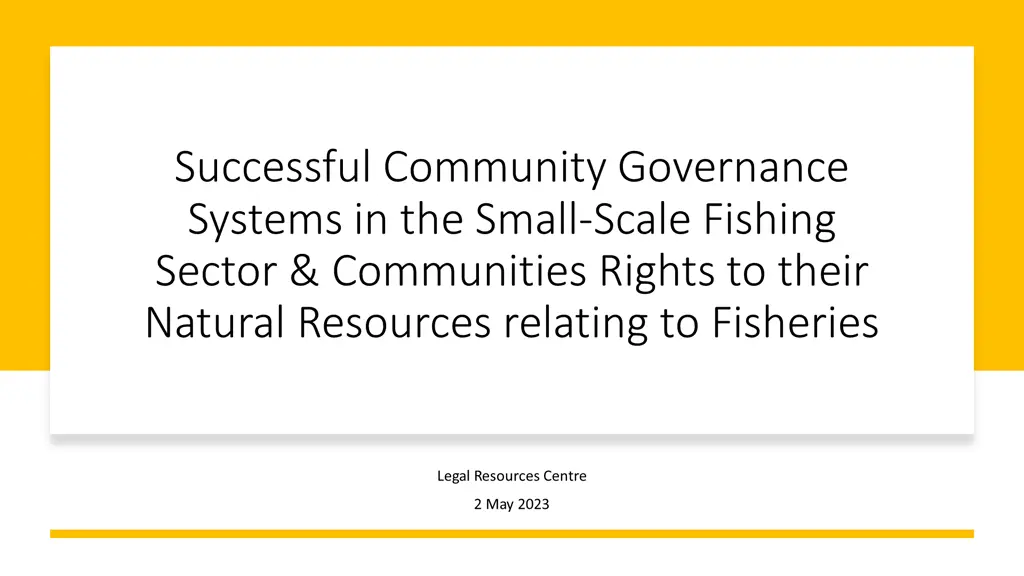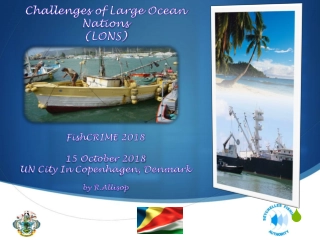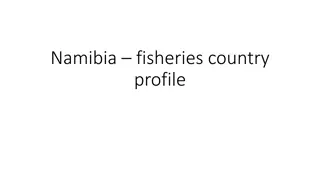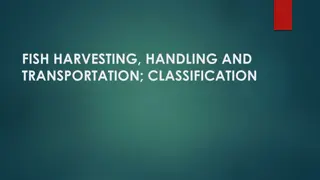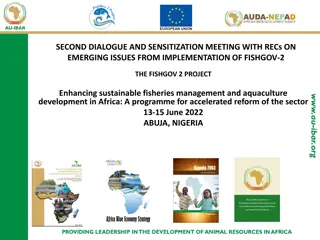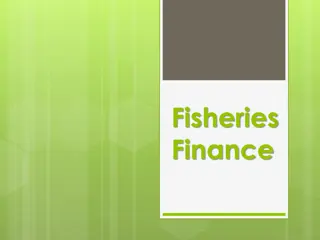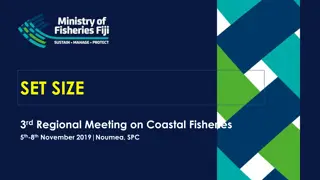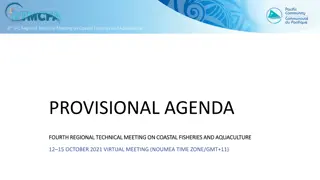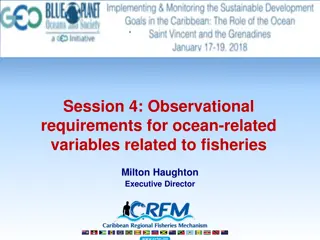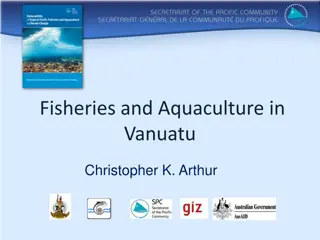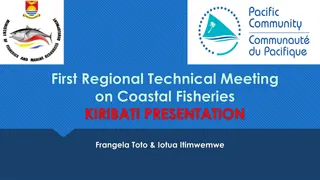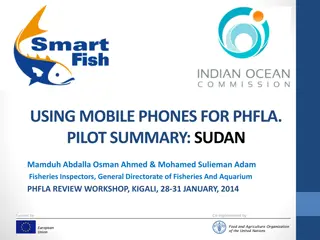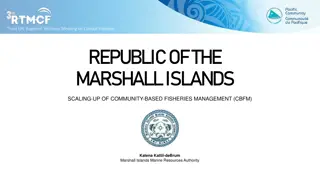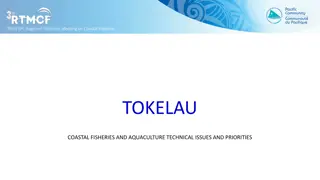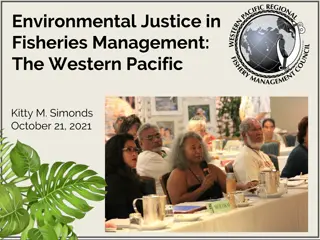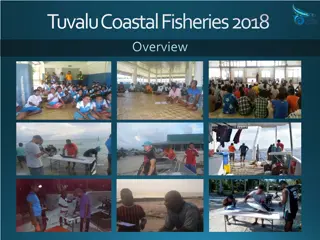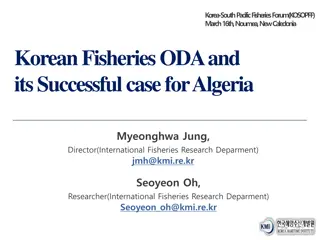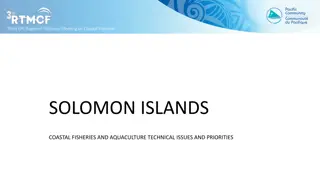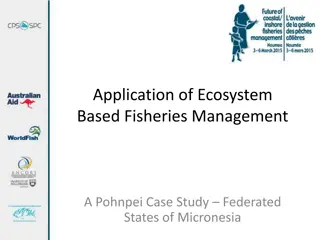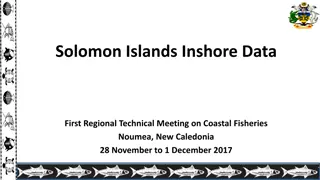Thriving Community-Led Fisheries Governance
Explore successful community governance systems in small-scale fishing. Emphasize understanding legal frameworks, creating appropriate structures, and optimizing co-management practices. Address challenges and promote inclusive decision-making for sustainable fisheries management.
Download Presentation

Please find below an Image/Link to download the presentation.
The content on the website is provided AS IS for your information and personal use only. It may not be sold, licensed, or shared on other websites without obtaining consent from the author.If you encounter any issues during the download, it is possible that the publisher has removed the file from their server.
You are allowed to download the files provided on this website for personal or commercial use, subject to the condition that they are used lawfully. All files are the property of their respective owners.
The content on the website is provided AS IS for your information and personal use only. It may not be sold, licensed, or shared on other websites without obtaining consent from the author.
E N D
Presentation Transcript
Successful Community Governance Systems in the Small-Scale Fishing Sector & Communities Rights to their Natural Resources relating to Fisheries Legal Resources Centre 2 May 2023
This was what the policy process entailed at a high level (community specific assessments were still required). Unfortunately, the regulations became the blueprint (not the MLRA itself) contradictory to the policy; little attempt to understand the context, eg the existing governance structures, how communities organise, the role of fishing in family and community relations. Build on existing strengths and cater for existing weaknesses rather than starting from scratch. Step 1: Understand the SSF sector
Constitution recognises customary fishing rights (Gongqose) as pre-existing: this has not been understood and pursued anywhere else. It means that the regulation of customary rights must be a constitutionally compliant limitation. Policy (and court case) identified constitutional basis for recognition of the sector: food security, equality, freedom of culture and trade, gender equality. It is entirely different to commercial and recreational sectors but treated as extensions (for example in allocations) Step 2: Understanding legal framework: constitutional and customary rights.
Step 3. Creating appropriate frameworks for different contexts. One size fits all no understanding of the context Co-ops corporate structure with a pro forma constitution . Idea was to not repeat the failures of the land sector. But there is no magic in the structure itself. Structures that don t fit local realities will fail. No capacity, no support. Often governing a group of individuals rather than a community . Impact is worse than in the land sector: local fisheries governance has every day impact on food security, access, etc. Step 5. Assessment .(should not delay implementation of the MLRA)
Co-management is fundamental: we have not properly understood or implemented this at all. Marine Spatial Planning: deadline for comments on plans is next Tuesday, but no fishers have been notified .. Two further thoughts
